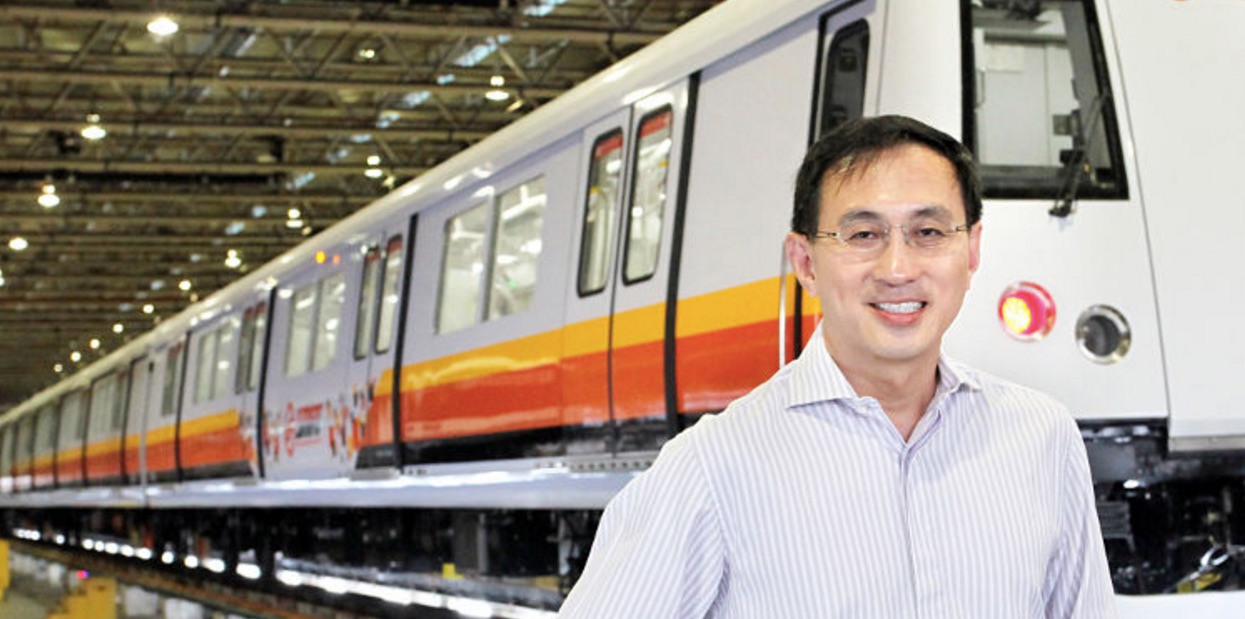Leong Sze Hian
 Why are Permanent Residents (PRs) who are single buying HDB resale flats like nobody’s business?
Why are Permanent Residents (PRs) who are single buying HDB resale flats like nobody’s business?
Singaporeans who are single and below age 35 are not allowed to buy HDB resale flats unless they are orphans.
PRs sibings who are single and below 35, however, are allowed to purchase these flats.
Why does our public housing policy favour PRs over Singaporeans? Is it not discriminatory and unfair?
Has any Members of Parliament ever raised this issue vigorously in Parliament?
The mission of the HDB should be to help Singaporeans own homes. So, how can single PRs be given priority over Singaporeans?
If you are a below-35 PR in Singapore, wouldn’t you try to arrange for one of your siblings to come to work in Singapore too, and apply for permanent residency?
Whilst there are no official statistics on how many HDB flats are owned by single PRs, anecdoctal evidence seems to suggest that an increasing number of single PRs may be buying them.
As there are also no official statistics on how many single PR siblings are in Singapore, it may probably not be too far an estimate to say that there may be tens of thousands in total.
When one of the PR siblings leave Singapore, after a resale flat has been purchased, are they still allowed to keep the flat? I believe the answer is yes, at least for a few years.
The cheapest HDB 3-room flat (2 bed-rooms) that a single Singaporean or PR can rent is about S$1,500. With housing loan interest rates at historical lows in Singapore, the monthly repayment for a $220,000 HDB bank loan is only just over $800.
So, is it any wonder why it may make more sense for single PR siblings to buy a resale HDB flat, instead of renting one?
3, 4 and 5-room HDB resale flats are going for around $280,000, $370,000 and $440,000 (median sale prices), respectively, with a typical down-payment of 20 per cent of the purchase price.
PR siblings can sell their resale HDB flats after a Minimum Occupation Period of 5 years. So, from a financial perspective, it may make more sense to buy than to rent, and possibly reap the capital gains as well after 5 years.
The increasing “headache” for some Singaporeans may be that they cannot afford the Cash-Over-Valuation (COV) on a resale flat.
Since PR siblings when they first come to Singapore typically do not have permanent residency status yet, they do not need to contribute to CPF. Thus, they generally may have more cash to pay for COV because their take-home pay is higher without CPF contributions relative to Singaporeans, until such time that they become PRs and qualify to buy HDB resale flats.
Even when they become PRs, the first 2 years’ CPF contribution is lower than for citizens.
2 PR siblings may generally just need to stay in one bedroom.
So, some may rent out rooms immediately after they buy a flat. [PRs can rent out rooms immediately but not the entire flat.] The PR sibling owners can stay in 1 room themselves, and rent the rest of the rooms out. Under HDB rules, you are allowed to have up to 9 persons staying in say a 5-room (4 bed-room flat). So one can rent out to 7 persons, at say $150 per person.
Some PR siblings may also be accustomed to sharing a flat before they buy their resale flat.
So, they may be able to pay higher prices for resale HDB flats, because they plan to rent out the rooms for income.
Singaporeans, on the other hand, generally buy flats to stay without the intention to rent out rooms immediately.
I think most Singaporeans see a HDB flat as their home for life, and not as a temporary investment, providing income as well as saving on housing costs whilst in Singapore.
Are these some of the possible contributing factors to why HDB resale prices have been skyrocketing?
In this connection, HDB resale prices rose about 75 per cent over the last 5 years, compared to a lower appreciation for the private property price index.
HDB policies could be reviewed, with a focus on the undesirable outcomes for Singaporeans, and at the same time vis-a-vis PRs.
————
Read also: HDB flats – S’poreans come first?



